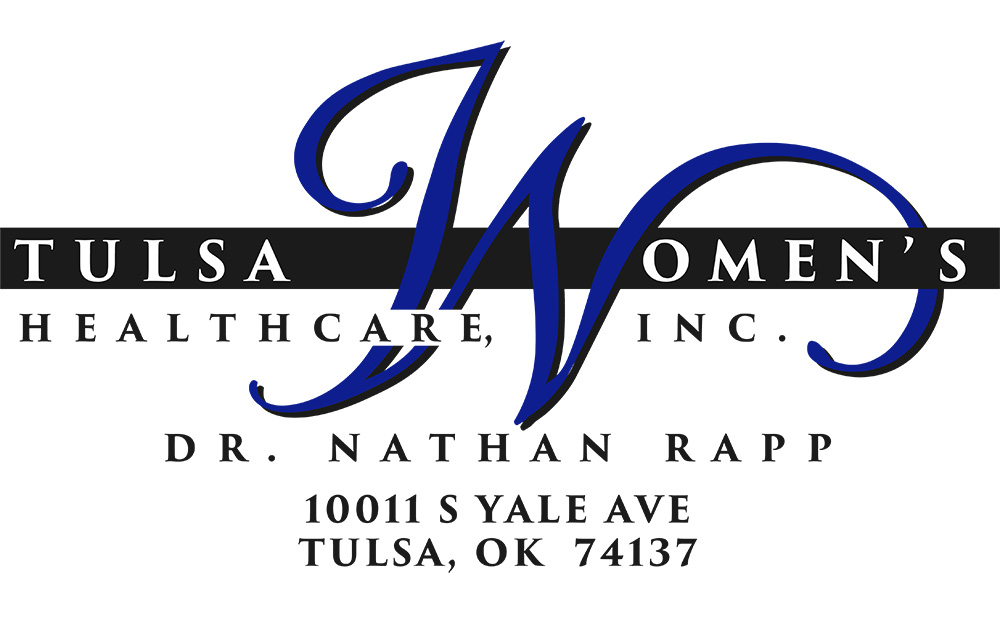Most nurses on the planet cringe a little when reflecting back to the nursing-school days of writing care plans. It’s a tedious, but necessary process which shapes our brains into thinking through crucial steps of caring for patients.
Those steps involve first assessing the patient, then making a diagnosis based on Maslow’s Hierarchy of Needs, followed by planning, which includes setting goals and outcomes for our patient utilizing evidenced based practice, then we implement our intervention, concluding with evaluation of whether or not the goal has been met. We are constantly reassessing to see if a new plan of care needs to be developed.
One of my clinical instructor’s in nursing school was a stickler on writing a detailed care plan. She had a high standard of excellence, and I felt like if I could please her, I had a good shot of being a good nurse for my patients. Upon reviewing one of my care plans and pointing out the holes it contained, Mrs. B-Dub, as we affectionately called her, informed as to the need for more work.
“If something happened to you while caring for your patients, you need your care plan to be so clear that any nurse can pick up where you left off to get your patient to their goal for that shift.”
That’s what nurses do. We basically look for problems. Then we map out specific ways we can fix it.
Specific, measurable, timely plans.
But there are instances when even our most detailed plans result in devastating outcomes.
I could’ve never imagined before I composed the last post of a series on difficulty, that our media would be informing us of a pandemic and our leaders asking us to quarantine. I could’ve never anticipated bare grocery store shelves, limiting the quantity of purchasing specific items, watching an unemployment nightmare happen overnight, and explaining terms like “community spread” to our kids confused by the need to cancel school.
The recent unfolding of events brought hesitation to my heart in finishing this series. Why? Because this last post is about what is demonstrated through difficulty.
“Will readers be receptive to this message?”
“Is this the right time?”
“Am I being sensitive to the circumstances surrounding us?”
I’ve brought all those questions to the Lord in my prayer time over the last ten days. And my only regret is that I didn’t finish writing this sooner. There is no doubt, that the focus points here are for both our hearts.
There is this book I consistently read, laced with one difficult story after another. It is seriously packed full of problems.
Why would I want to read a book filled with difficulty?
Especially considering I’m a true Disney fan at heart who longs for every story to end with a beautiful bow, clean and tidy, happily-ever-after, and if a castle and a handsome prince are involved—even better! But honestly, it’s not where we live life. Which is the very reason I Iong to escape to those make-believe worlds when choosing a venue for entertainment. Life is sticky. Life is messy. Life hurts. And if we’re all being honest, life can be scary.
Because life is so undeniably difficult, we are drawn to stories outside our own that illustrate the lessons learned and the hope found through those challenges. Whether we realize it, or want to admit it, we are searching for this thought, “If they got through that, then I can get through this.”
It’s why sharing our stories is so important. Not just the stellar vacation highlights, or the news of a new home, fancy car, or amazing job. Those are awesome things to share. But finding a tactful way to share your difficult place, whether past or present, with others, does more than giving space to your authenticity, it provides opportunity to demonstrate something far more significant.
What is demonstrated through difficulty?
The difficulty in your life can be a platform to display God’s glory.
There’s a story of a guy who was born blind. Everyone in town was super judgmental kicking around questions if his blindness was some sort of punishment for something he had done wrong, or maybe something his parents had done wrong. How many parents relate to that? There’s a problem with your kid and as if you don’t question yourself enough, you’ve got outsiders contributing to your self-doubt and inadequacies. The question was asked, “Why is this man blind?” And as my dad used to say, this’ll “knock your socks off.” Jesus answered, “So that the Father’s glory may be displayed in his life.” The Father’s glory!!!! Y’all! Don’t dismiss or downplay your difficulty. A blind man can’t pretend he can see. Don’t pretend that things are hunky-dory when they’re not. But hang on to your belief that however it turns out, you choose to allow the Lord to use it as a platform for His glory. (see John 9:1-7)
The difficulty can be a tool to reveal Truth.
There’s one story of three guys who were taken into captivity, their names changed to honor their enemy, they were forced to serve as guards, study the culture, only to then be thrown into a fiery furnace. And the show stopping detail is that they survived! The commitment and faithfulness of Hananiah, Mishael, and Azariah (whom we remember from Vacation Bible School as Shadrach, Meshach, and Abednego) resulted in the very leader who threw them into the fire for their refusal to bow down to his god, declaring that THEIR God was the one true God! These guys didn’t cave to the grim reality that their lives were as good as gone once thrown into the fire. They stood on their commitment to the Lord, the Lord literally showed up in the fire with them, and the outcome was a declaration of truth! Mrs. BDub would tell you herself that that’s beyond any nursing care plan goal ever written! (see Daniel 3:8-30)
The difficulty reminds us of our need.
One of the greatest gifts God could have given me was the opportunity to realize my immense need for Him at such a young age. I knew very early in life that there are some things Mom and Dad can’t fix. I learned even doctors and nurses ask for answers and help. I experienced a desperate place, a scary scenario, a reality no one could explain away. I had a need that no one could meet except a powerful, almighty God. Depending on our own ability; looking to one another for assurance; it all falls short. Paul tells us, from his own journey, that the places of utter despair, are the places we rely on God. “We do not want you to be uninformed, brothers and sisters, about the troubles we experienced in the province of Asia. We were under great pressure, far beyond our ability to endure, so that we despaired of life itself. Indeed, we felt we had received the sentence of death. But this happened that we might not rely on ourselves but on God, who raises the dead.” II Corinthians 1:8-9 NIV
Are you beyond your ability to endure?
Rely on God in your need.
Believe for Truth to be declared from this fire.
Anticipate God to use this trouble as a platform for His glory.





